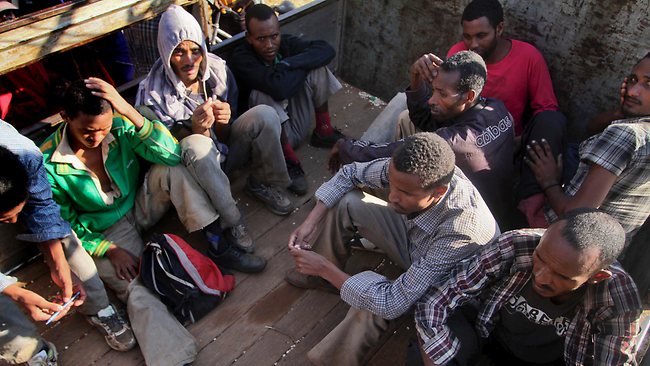WASHINGTON: Time to update that old saying cold hands, warm heart. New research shows touching something warm can make you feel and act more warmly toward others.
Whether someone is deemed to have a warm or cold personality makes a powerful first impression. That led Yale University scientists to wonder if physical warmth could promote psychological warmth, by subconsciously priming people to think better of others.
It took a sneaky study to find out: Scientists recruited 41 college students for what they thought was personality research. A lab worker escorted each participant up the elevator of Yale s psychology building and casually asked for help holding her cup of coffee – either hot or iced – while she recorded the student s name on a clipboard.
Inside the lab, the students were given a description of a fictitious person described as industrious, cautious and determined, and then rated that person s presumed personality traits.
Students who had held the hot cup saw the person as more generous, sociable and good-natured than those who had held the cold cup – all traits that psychologists consider part of a warm personality, the researchers report in Friday s edition of the journal Science. Yet there were no differences between the two groups on ratings of honesty, attractiveness or strength, traits not associated with either warm or cold personalities.
Then researchers recruited 53 different students for a second study, having them briefly hold one of those heat or ice pads sold in drugstores for pain, allegedly as part of product-testing. Really the test was which trinket the students chose as a thank you for participating: An ice-cream coupon or bottled drink for themselves, or one for a friend.
Students who held the hot pad were more likely to choose a reward for a friend, while those who held the ice pad were more likely to choose a reward for themselves.
So is the moral of the story to hand out hot drinks when you want to make a good first impression?
Not quite. The bigger message is that very subtle cues from our environment can significantly influence behavior and feelings, said lead researcher Dr. Lawrence Williams, who conducted the study while completing his psychology graduate degree at Yale.
Physical and psychological concepts are much more closely aligned in the mind than we have previously appreciated, said Williams, now at the University of Colorado.
Indeed, other research has found that the same brain region that processes physical temperature changes, called the insula, also processes feelings of trust and empathy associated with social warmth.
Parts of the brain that we know process physical attributes, whether it s motor movements or physical pain – the same circuitry more and more is seen with more mental qualities, said Dr. Caroline Zink of the National Institute of Mental Health, which funded the new research. It s very interesting from a neuroscientist s perspective that there are those similarities.
The whole concept of social warmth is learned in infancy, Williams said. He pointed to a classic psychology study that found attachment and affection were more dependent on hugs and cuddles that happen to be physically warm than on merely ensuring a baby is fed.
As for a practical use for the finding: Those free food samples distributed in grocery stores probably entice more shoppers if they re warm, advises Williams, now an assistant marketing professor.

